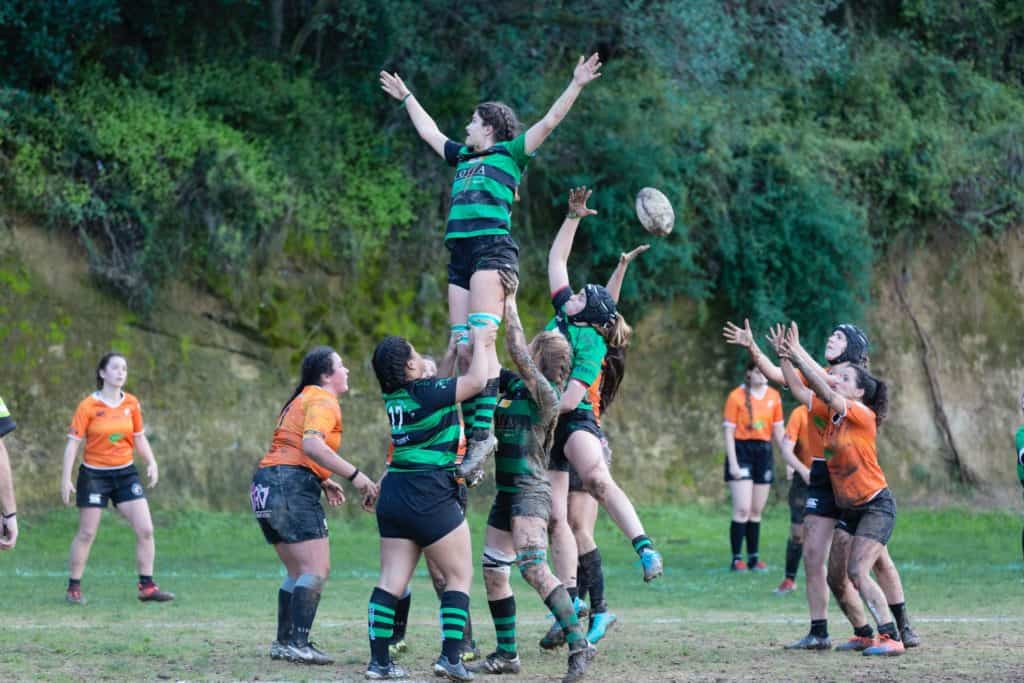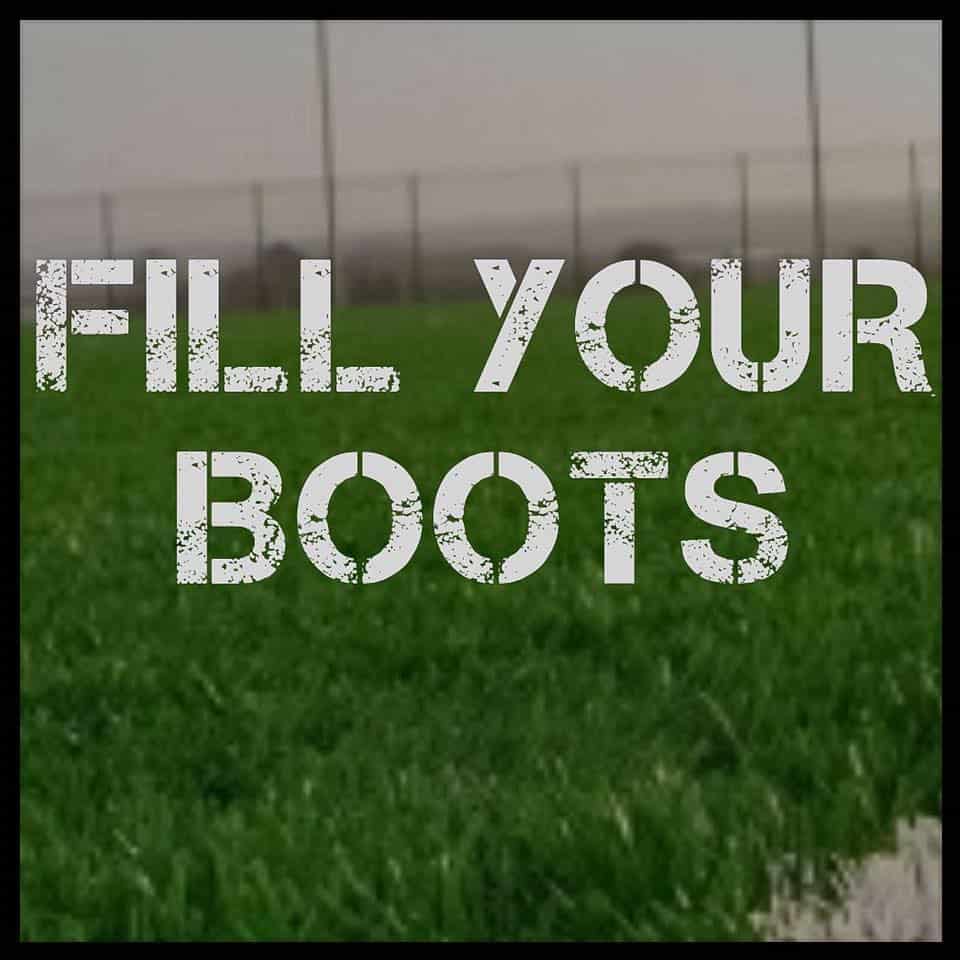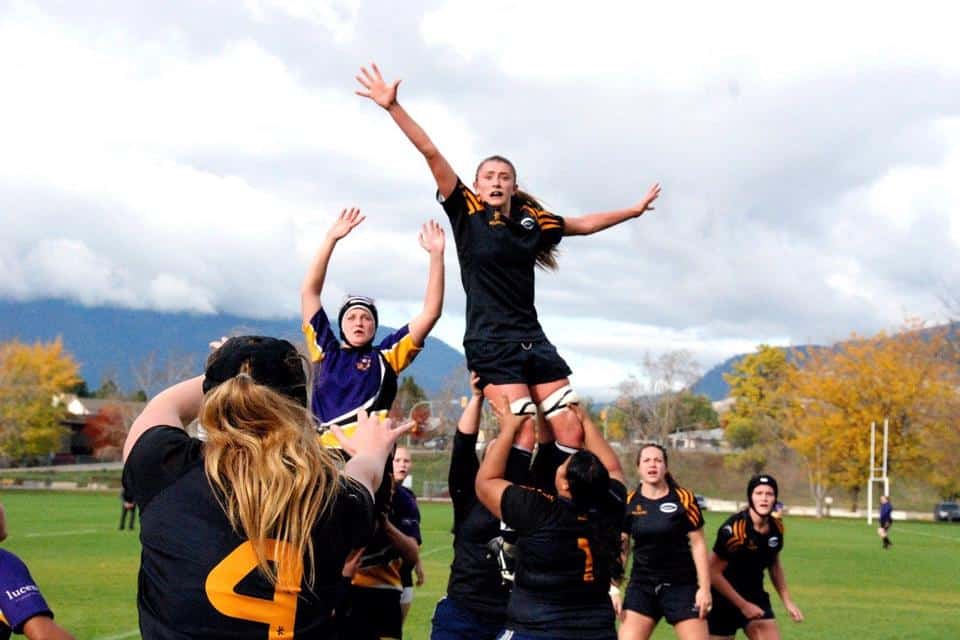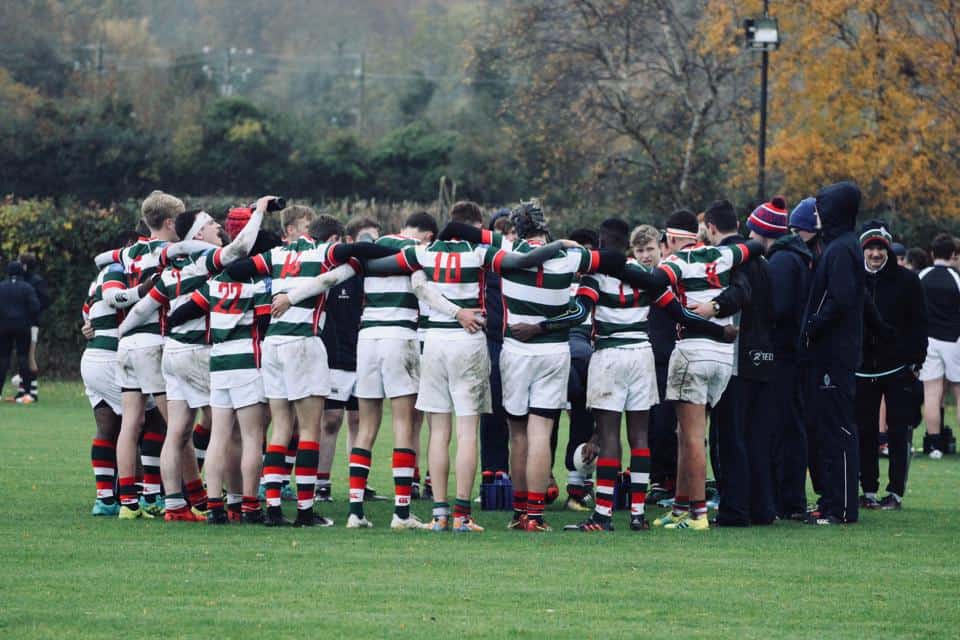
Grassroots Stories – Support to Survive
The rugby club, in my opinion the best place on earth, however these are under threat from budget cuts from the RFU. Grassroots rugby has been such an important part of my life since a very early age.
The first piece of live sport I encountered was a rugby game my Dad was playing for his local club when I was just the tender age of two. Grassroots rugby has informed much of the person I am today. I began playing aged thirteen when many of the clubs I player for struggled to even field a full fifteen. There was little investment in the girls game when I began playing from teams across the region struggling to field a girls team, there were no media campaigns, no adverts showing us what we could be if we stuck with the sport. When reaching county level, the levels of investments varied. Having played for Durham and Yorkshire across both under 15 and under 18 levels, when I first began playing for Durham at under 15 level there was no country strip and very little support from clubs and so we regularly struggled to field a team, even having to spend some time merged with Cumbria due to lack of numbers.
As I got older and moved through the ranks of junior grassroots rugby, the level of support the women’s game was getting from the RFU did increase in terms of publicity and impact increasing the number of girls playing. Clubs soon went from struggling to field a full fifteen to comfortably doing so and the game increased. During my under 18 playing career, the levels of support our team received from the club was immense and we were treated like any other first team members, given full use of the first team pitch and included into the club. However, the step up into women’s grassroots rugby has been largely alternate to my experience when I was younger. At current clubs, the women’s teams are not given access to the first team pitch on a regular basis despite being considered a first team due to the fact that the men’s teams have priority with their increased media coverage and larger numbers participating in the game.
I currently play for three women’s teams all with varying levels of support from their respective clubs.
It is still clear that there is a divide between the men’s game and the women’s game. The men’s game still gains more media attention and therefore has more players, however there has been an increase in support for the women’s game over the seven years I have been playing with the stigma surrounding the sport slowly diminishing, however, with the RFU planning to cut funding for clubs at grassroots level, the women’s game may fall victim to this.
Many of the small clubs that have women’s and girl’s teams may lose out on funding in favour of the men’s game that is seen to bring in more media attention and therefore more money. The women’s game is as much a part of grassroots rugby as the men’s game. Rugby has taught me discipline, control and teamwork as well as giving me friends for life. Rugby has given me the skills to work in a team, the desire to succeed and put all my effort in when it counts and the ability to take constructive criticism. The social abilities gained from the game are second to none. Spending so much time with your team mates is one of the best ways to bond as well as to make friends with people of common interests from all walks of life.
Grassroots rugby is integral for the growth of the game in all aspects. With talk of the women’s game going fully professional, the grassroots clubs will be an even more important part of our communities, giving the women’s game players to feed into the hopefully professional structure across England. Should these budget cuts affect the level of participation in the women’s game, clubs may struggle to field teams and therefore struggle to continue the growth the game has seen in the last ten years. Since I have been playing rugby, the game and the respect the women’s game is now given has increased dramatically, with a rapid increase in the amount of women and girl’s playing rugby.
Rugby has given me so much across my teenage years and now into adulthood, rugby is still providing me with valuable friendships. The experience I have had in grassroots rugby has made me the person I am today and for this to be under threat from budget cuts from the RFU is a deeply worrying time for all those who play grassroots rugby and enjoy the benefits it brings to life.
by Molly Ambler




Excellent points, made well. Let’s hope the RFU ring-fence funding for grass-roots rugby for everyone.
Excellent points, made well. Let’s hope the RFU ring-fence funding for grass-roots rugby for everyone.
Ive played rugby for nearly 40 years and only recently had my eyes opened to these issues you spoke of since I took over the U13 girls rugby 18months ago. I’m not sure the RFU and it’s funding Is solely to blame for the gaps mentioned. Clubs themselves have a lot to answer for in the delay of supporting girls and women’s rugby. Being treated as second best to the boys/men’s teams was standard practice (or at least, it was the feeling of those directly involved with our girls at the club). With the aid of social media, parents support, a little bit of hard work and directness to help the club understand the potential that supporting girls rugby would have, had had a massive positive effect. We’ve gone from 9 to 27 girls in our U13’s team. Club now supporting regular game times at same time as boys and regular pitch space for club publicity has also helped.
All the points you mentioned about life skills are fundamental to having a great girls team and that comes from good coaching and parental support. Nothing more in my Opinion and I’m pleased you can recognise this – please come and tell my girls!!
Stay happy
Ive played rugby for nearly 40 years and only recently had my eyes opened to these issues you spoke of since I took over the U13 girls rugby 18months ago. I’m not sure the RFU and it’s funding Is solely to blame for the gaps mentioned. Clubs themselves have a lot to answer for in the delay of supporting girls and women’s rugby. Being treated as second best to the boys/men’s teams was standard practice (or at least, it was the feeling of those directly involved with our girls at the club). With the aid of social media, parents support, a little bit of hard work and directness to help the club understand the potential that supporting girls rugby would have, had had a massive positive effect. We’ve gone from 9 to 27 girls in our U13’s team. Club now supporting regular game times at same time as boys and regular pitch space for club publicity has also helped.
All the points you mentioned about life skills are fundamental to having a great girls team and that comes from good coaching and parental support. Nothing more in my Opinion and I’m pleased you can recognise this – please come and tell my girls!!
Stay happy